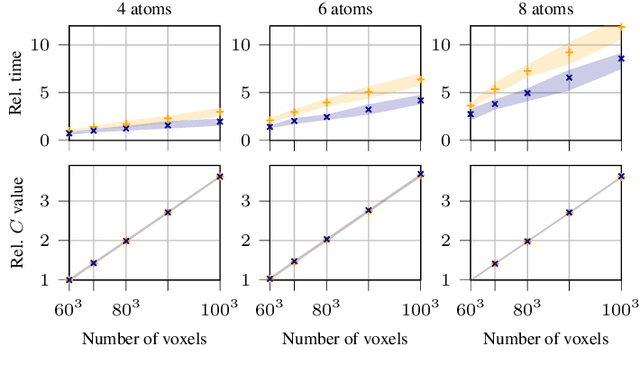Boosting the Sliding Frank-Wolfe solver for 3D deconvolution
Paper and Code
Sep 11, 2020

In the context of gridless sparse optimization, the Sliding Frank Wolfe algorithm recently introduced has shown interesting analytical and practical properties. Nevertheless, is application to large data, such as in the case of 3D deconvolution, is computationally heavy. In this paper, we investigate a strategy for leveraging this burden, in order to make this method more tractable for 3D deconvolution. We show that a boosted SFW can achieve the same results in a significantly reduced amount of time.
* in Proceedings of iTWIST'20, Paper-ID: 08, Nantes, France, December,
2-4, 2020
 Add to Chrome
Add to Chrome Add to Firefox
Add to Firefox Add to Edge
Add to Edge